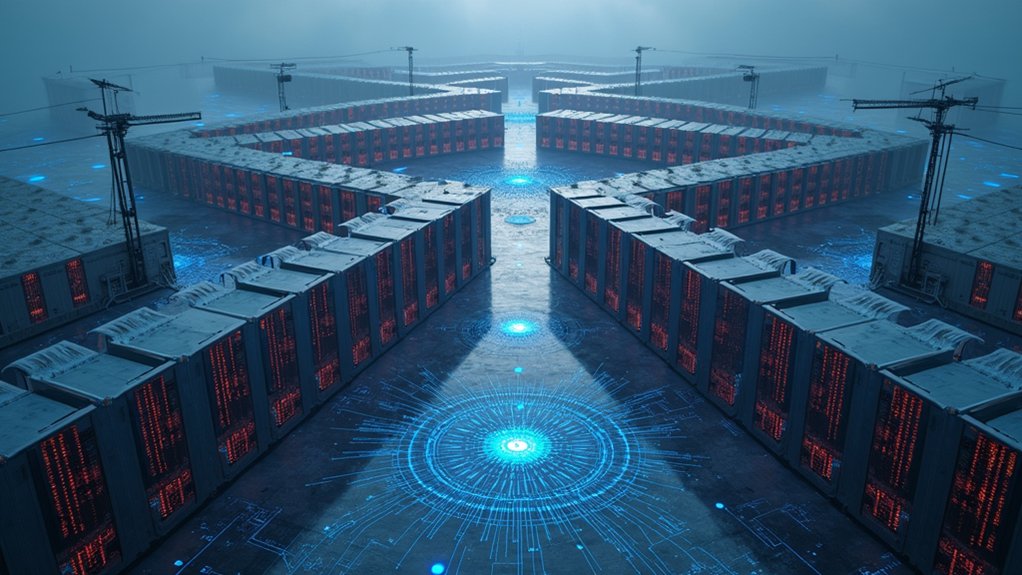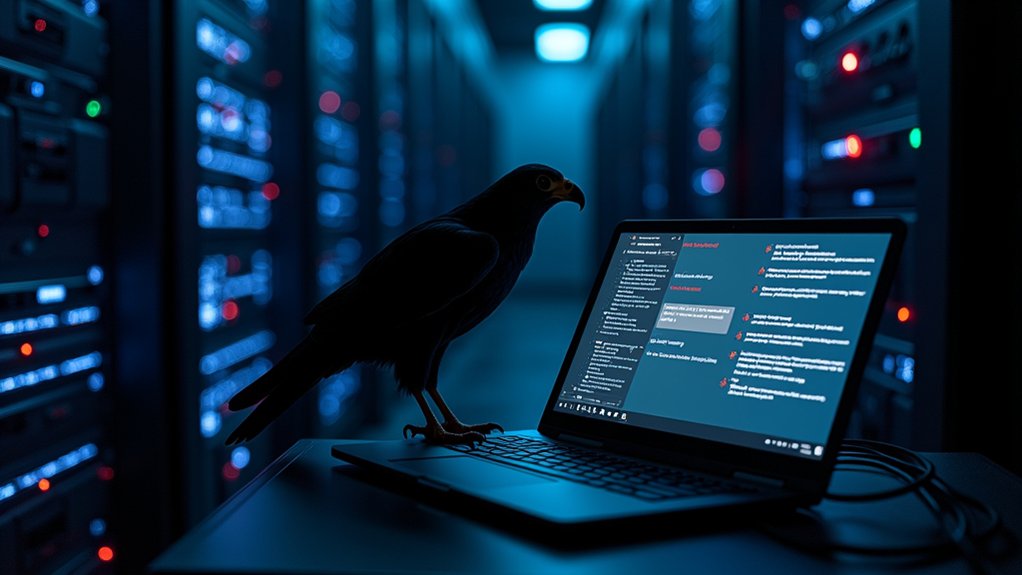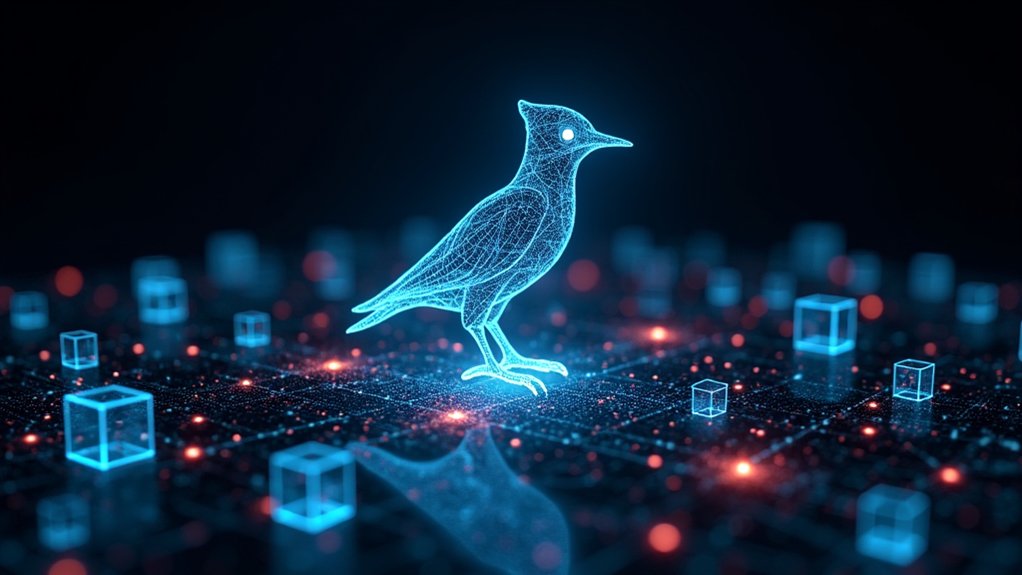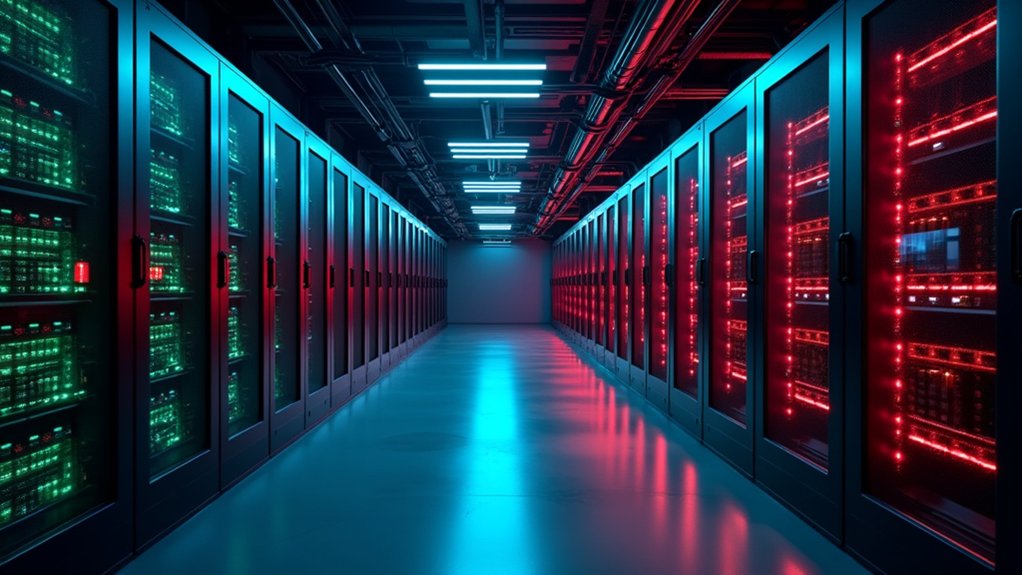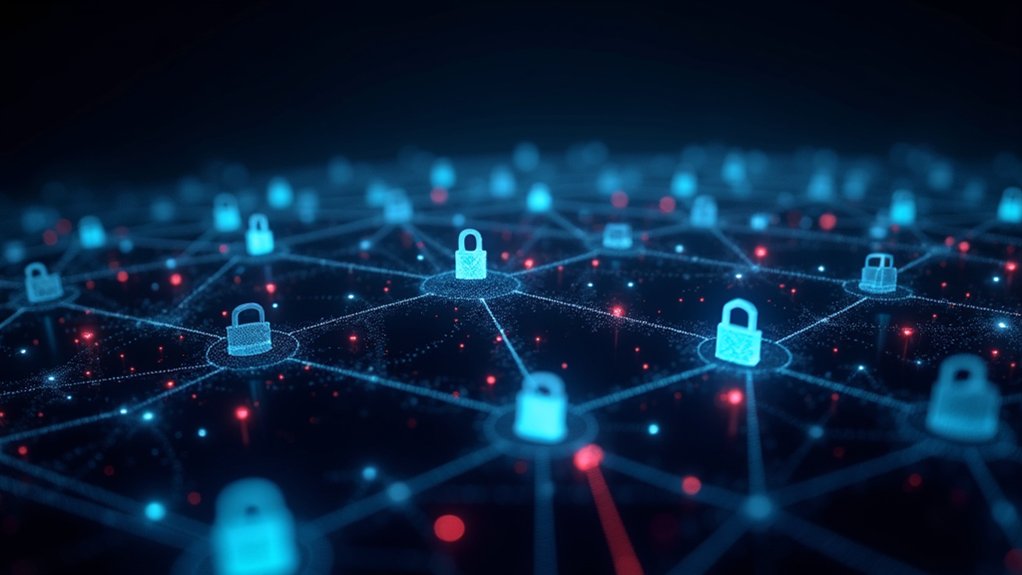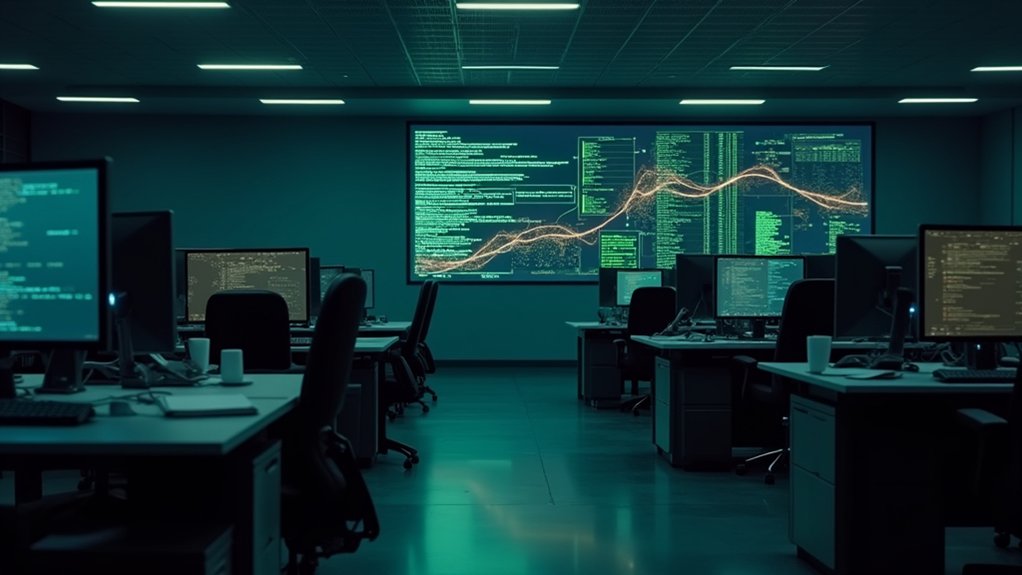As China consolidates its position as a global artificial intelligence superpower, the nation concurrently implements one of the world’s most expansive digital censorship regimes, creating a paradox that shapes both domestic innovation and international technology standards. The Chinese Communist Party maintains thorough censorship covering internet platforms, social media networks, and emerging AI technologies through automated surveillance systems that control information flows across the nation’s digital infrastructure.
China’s rise as an AI superpower paradoxically coincides with implementing the world’s most comprehensive digital censorship apparatus.
China’s surveillance-driven data ecosystem utilizes information gathered from 1.4 billion citizens to train sophisticated AI systems, powering both technological innovation and social control mechanisms. Facial recognition technologies operate extensively in public and private sectors, during which state-sponsored infrastructure facilitates rapid deployment of AI-driven monitoring tools integrated with nationwide surveillance networks. This massive population yields vast data resources for AI training and deployment, creating competitive advantages in machine learning development.
However, censorship policies greatly limit technology firms’ ability to develop unrestricted generative AI models. Recent draft regulations require chatbots and AI systems to conform to strict censorship constraints before public deployment, holding developers liable for content deemed politically sensitive or ideologically misaligned. AI models trained with censored datasets produce outputs with reduced diversity and accuracy compared to international counterparts, as domestic systems systematically filter historical events, human rights topics, and critical viewpoints. The emergence of large language models fundamentally transforms the competitive landscape as these systems require access to comprehensive and diverse knowledge bases to achieve optimal performance.
The impact extends beyond China’s borders through active promotion of digital authoritarianism globally. Chinese technology companies export AI-powered surveillance systems to numerous countries, while foreign governments increasingly adopt Chinese-style internet restrictions and monitoring practices. This international spread challenges open internet principles and free expression standards, as China seeks to establish global norms for AI governance through diplomatic and commercial initiatives. Government officials from other nations receive training in Chinese censorship and surveillance techniques, expanding authoritarian digital practices worldwide.
Deep learning and natural language processing systems within China are optimized to suppress dissent during promoting state messaging through AI-driven content moderation and recommendation algorithms. Comparative studies demonstrate that Chinese AI tools systematically distort factual information to align with official narratives, unlike models developed in democratic nations.
Government oversight guarantees AI responses consistently reinforce CCP-approved perspectives, transforming technological advancement into instruments of narrative control and political influence both domestically and internationally.
